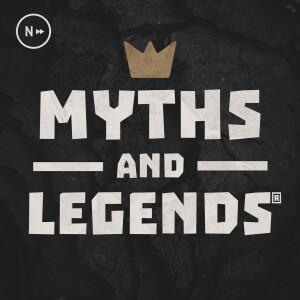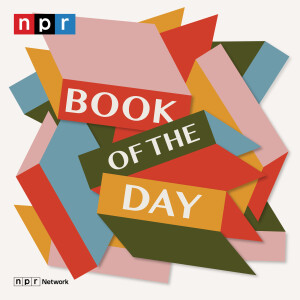

The book of Nahum is one of the minor prophets, but its message is anything but small. Written in vivid Hebrew poetry, Nahum pronounces the downfall of Nineveh, capital of the Assyrian Empire, which had terrorized the nations—including Israel and Judah—with cruelty and oppression. Where Jonah emphasized Nineveh’s opportunity for repentance a century earlier, Nahum focuses on its certain judgment.
Nahum opens with a majestic hymn to God’s power:
“The LORD is a jealous and avenging God;
the LORD is avenging and wrathful;
the LORD takes vengeance on his adversaries
and keeps wrath for his enemies” (Nahum 1:2).
Yet even amid this fearful vision of divine judgment, there is hope for those who trust in the Lord:
“The LORD is good,
a stronghold in the day of trouble;
he knows those who take refuge in him” (Nahum 1:7).
The book is largely written in poetic oracles, filled with imagery of storms, floods, lions, and destruction. Nahum’s artistry heightens the drama: the oppressor who once devoured nations like a lion will itself be hunted and destroyed.
The conclusion of the first chapter shifts from judgment to the announcement of deliverance:
“Behold, upon the mountains, the feet of him who brings good news,
who publishes peace!
Keep your feasts, O Judah; fulfill your vows,
for never again shall the worthless pass through you;
he is utterly cut off” (Nahum 1:15).
This verse echoes Isaiah 52:7 (“How beautiful upon the mountains are the feet of him who brings good news…”) and later is quoted by the Apostle Paul in Romans 10:15 (“How beautiful are the feet of those who preach the good news!”). In both Isaiah and Paul, the imagery of Nahum’s poetry is transformed into a vision of the ultimate gospel peace—the good news fulfilled in Christ.
Thus, the book of Nahum, though a prophecy of destruction, carries within its poetry a seed of hope: God will judge the oppressor, vindicate His people, and bring true peace through His sovereign rule.
Here is a great place to start:
https://www.youtube.com/watch?v=Y30DanA5EhU
More Episodes
All Episodes>>Create Your Podcast In Minutes
- Full-featured podcast site
- Unlimited storage and bandwidth
- Comprehensive podcast stats
- Distribute to Apple Podcasts, Spotify, and more
- Make money with your podcast












